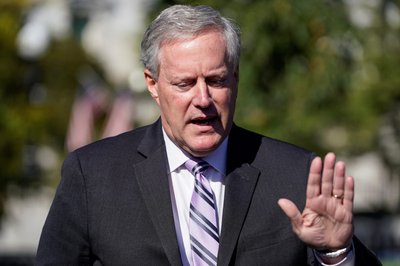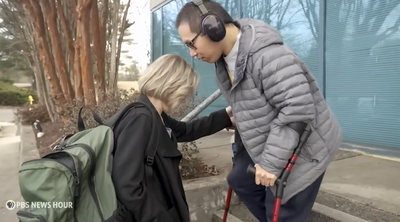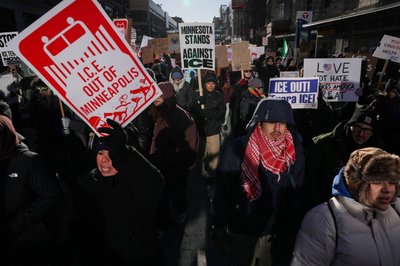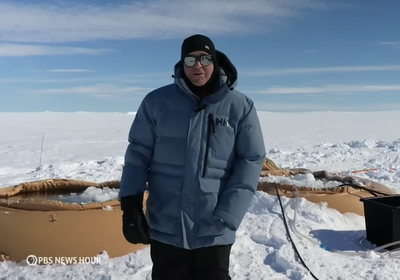Summary
The U.S. House of Representatives on Tuesday took up a contempt of Congress charge against former White House chief of staff Mark Meadows. This comes after Meadows defied a subpoena (ceased to cooperate) from the select committee investigating the Jan. 6 attack on the Capitol. This marked the first time the House has voted to hold a former member in contempt since the 1830s.
Terms:
subpoena:
A legal summons to appear a court (or Congress) or provide documents and other information. Ignoring or defying a subpoena can result in a contempt charge which may lead to a fine or prison sentence.
chief of staff:
The head of White House staff under the president of the United States. A chief of staff consults closely with the president to set policy, set schedules and meetings and manage the executive branch.
executive privilege:
The right of a president and the president's staff to keep some details of decision making confidential, such as in matters of national security.
Five Facts
-
Who
is Mark Meadows, and what is his background?
-
What
is the January 6th committee, what is it investigating and what records is it seeking?
-
Why
has Meadows refused to testify before the January 6th committee or hand over some documents?
-
Who
is interviewed in the second half of this piece, and what expertise does he bring to the topic of executive privilege?
-
How
is it determined which documents or people's testimony is covered by executive privilege?
Focus Questions
Do you think the needs of the public to understand the decision-making and actions of the president and White House staff outweigh the value of executive privilege? Under what circumstances do you think executive privilege (the right to keep governmental conversations and documents private) is important?
Media literacy:
Do you think this piece did a good job explaining the uncertainties around executive privilege? What else would you want to know to better understand the concept?






